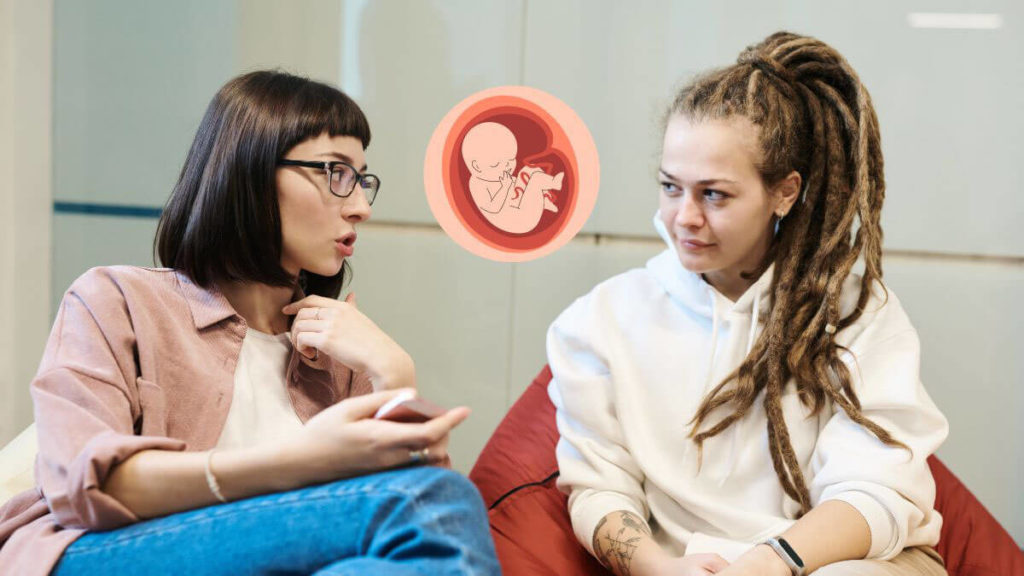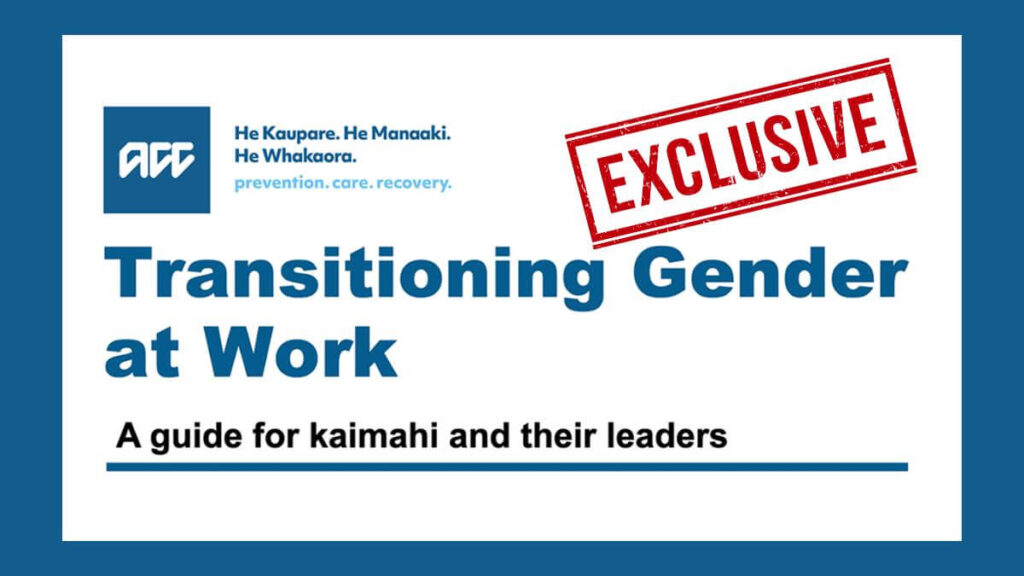Please read Olivia Boyd’s article – Talking About Abortion With Others
Abortion can be an emotionally charged issue to discuss, making it daunting to approach the topic with friends and family. The nature of the issue makes it a conversation that many want to avoid as it touches on deeply held beliefs about life, human rights, and preventing harm. However, because of the gravity of the subject, and that these are the lives of other humans, it’s important to learn how to give voice to the vulnerable and to do so in a way that is respectful, intelligent, and well informed. In the conversations I’ve had with others, I’ve learned (and am still learning) a few ways to approach the subject and spark discussion where both parties feel heard and leave the conversation with some things to think about.
There are some general things to remember when talking about anything of a more controversial nature, no matter what you believe.
It’s important to be respectful to the other person, not dominate the conversation or just try to “win” the argument, but instead be prepared to listen and learn from the other person. Don’t try to pull up the files in your head for your responses, and if you cannot think of a response to something, don’t be afraid to say so. I’ve found that a lot of the time people justify abortion in certain circumstances because they believe that it is a compassionate option. By finding out why someone thinks the way they do, you learn more about them and what they hold important. Make sure that your factual evidence is sound and ask questions to get people thinking.
As I’ve talked to some of my friends about this topic, I’ve found that although they clearly value life in the womb, sometimes it’s expressed that abortion can be justified under certain circumstances. The three most common reasons raised are in cases where the mother’s life is in danger, in cases of rape or incest, and in cases when the mother is very young.
Is abortion ever justifiable if the mother’s life is in danger? The short answer is no. There is never any case where abortion is necessary to save a mother’s life. There is some question as to whether the treatment of an ectopic pregnancy is an abortion. An ectopic pregnancy is where the baby is developing in a fallopian tube instead of the womb. If left untreated the tube will burst and both mother and baby will die. To treat this the section of the tube containing the baby is removed. This process results in the loss of the baby’s life; however this is not considered an abortion as it is the fallopian tube that is being targeted, not the baby. If the baby in an ectopic pregnancy could be saved they would be, but unfortunately there isn’t a way of saving the baby’s life yet in the early stages of pregnancy.
All other dangers to the mother’s life can be dealt with without having to abort the baby. If needed an emergency c-section can be performed to deliver the baby prematurely. C-sections take much less time than an abortion does and carries much less risk to the mother, as well as being able to save the baby’s life. For more information on this, watch this short interview with a former abortionist. When talking about this, I have found that my friends who believe this should be an exception are advocating for the saving of the mother’s life as they are compassionate and don’t want her to die. I agree with them—I don’t want the mother to die either, but I also recognise that every attempt should be made to save the baby’s life as well.
Abortion in cases of rape or incest is usually justified by saying that a woman should not have to carry her rapist’s child. However, this ignores the fact that the child is also hers, as well as disregarding the irrefutable evidence that abortion is extremely traumatic to the mother (read Family First’s research on this here). Instead of lessening the trauma of rape, an abortion adds to the trauma. I am pretty sure that most people would agree that rapists commit terrible crimes and should be punished to the fullest extent of the law. However, the question to be asking is: should the innocent baby suffer the death penalty for the crimes of their father? Kathy Barnette was conceived in rape when her mother was 11. Her story is impactful as she now has a husband and two of her own children, all because her mother, at her young age, embraced Kathy’s life even if it was difficult.
The age of the mother is the other most common concern that I have heard. As a 17-year-old, I completely understand that it would be extremely hard to be pregnant as a young teen. However, I also know that I would have been able to handle it with the right support from my family and friends. Unfortunately, many girls do not have the support they so desperately need in these situations. In New Zealand there are a number of places that offer this support such as Pregnancy Choice. When someone brings up the mother’s age as a reason to justify abortion, it’s important to remember that they are showing a valid concern for these young mothers. Our compassion can however be directed to support these mothers and offer solutions and support where both mother and child are protected. Advocacy and support for unborn life should also be continue after birth, for both mother and child.
We have to find the courage to have these conversations, and to present the truth about abortion with compassion and understanding. Ultimately we want to save lives and protect the vulnerable. However even if both parties walk away from a conversation with neither having diverged on their respective positions, it’s still important to speak up as it will go a long way towards sowing the seeds of change in our society.
References:
- Hard Cases | Live Action. (n.d.). https://www.liveaction.org/learn/the-problem/hard-cases/
- Gray, S. (2016). Love Unleashes Life: Abortion and the Art of Communicating Truth. Life Cycle Books.
- Horn, T. (2014). Persuasive Pro-Life: How to talk about our culture’s toughest issue. Catholic Answers Press.
Olivia Boyd is our teenage guest writer who is very passionate about supporting the pro-life movement and ending human trafficking. Upon completion of her High School education, she intends to study law and psychology. She has an interest in human rights and social psychology, and is an active member of the PragerForce group for students and young professionals. Olivia will be contributing articles to Family First this year as part of her Duke of Edinburgh award.




